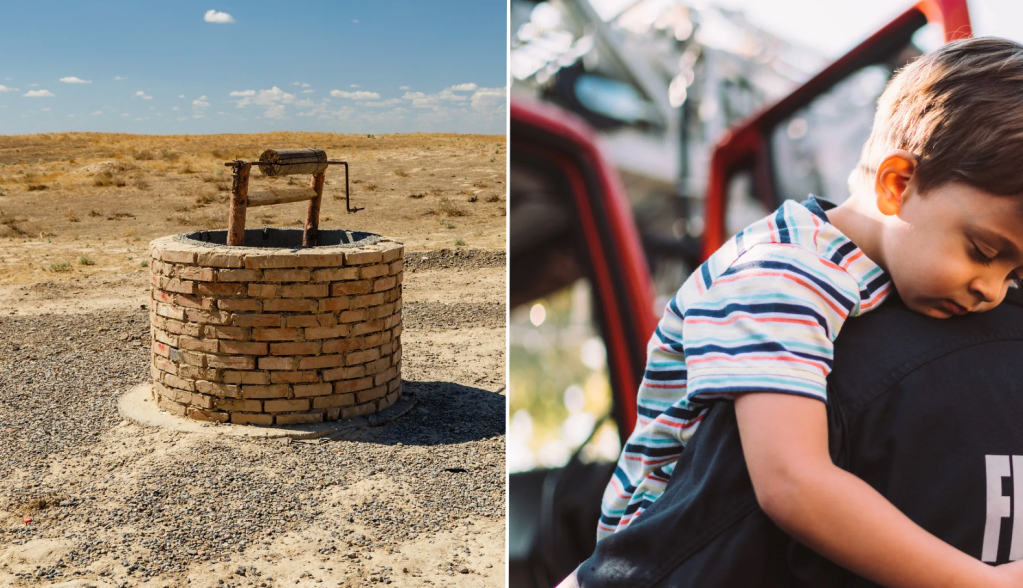For everyone out there looking for a new job, NASA posted a job opening for their next batch of astronaut candidates.
It never occurred to me that this is the kind of job you could just apply for, but there it is. People don’t just wake up as astronauts.
Thinking about busting out the resume?
Here are five things NASA’s job description reveals about what it takes to be an astronaut.
1. They’ll want to know pretty much everything about you.
Image by tigerlily713/Pixabay.
The position includes a background check, a health check, a financial check, and a drug check. And you have to be a U.S. citizen. Plus you have to have five, yes five, references.
That said, they’ve tried to make the process at least a little less intimidating.
“We try to make it just as laid back and informal as we can. Obviously, the person will bring a lot of stress and excitement,” Duane Ross, manager of the Astronaut Selection Office, told Popular Science in a 2013 interview. “There are no trick questions or equations on a board — the interview is about them.”
2. You’ve got to like traveling.
“Frequent travel may be required,” says the job ad. Yeah, I bet.
And you’ll need to get used to paperwork. The story goes that the crew of Apollo 11 had to fill out customs forms after returning from the moon!
You’ll need to fill some out too, but that’s more because you’ll be visiting a lot of different nations, rather than any fears of illegal (literal) aliens. Astronauts may need to travel to Japan, Europe, Russia, or really any other space-fairing nation in order to train with their personnel and equipment.
You won’t have to pay for it out of pocket, luckily. NASA’s got you covered. They even reimbursed Buzz Aldrin after he submitted a travel voucher to the moon. The cost? $33. A lot cheaper than the quarter of a million dollars Virgin Galactic sells their space tickets for.
Plus, you’ve got to move to Texas.
3. You’ve got to fit in a space suit.
Image from Christopher Michel/Flickr.
Specifically, you have to be between 5’2” and 6’3” tall. And don’t have high blood pressure. It’s also OK to wear glasses (or get laser eye surgery), but you’ve got to be able to see what you’re doing.
You’ve got to be a good educational fit as well. They want at least a bachelor’s degree for this round of applications, and it’s got to be in science, math, or engineering.
4. Yes, you get dental.
Image from Barbaricino/Wikimedia Commons.
As a candidatem you’ll be making the equivalent of at least $33 an hour, plus benefits, including health and life insurance.
Funnily enough, it wasn’t always this way. The story goes that the Apollo 11 astronauts couldn’t afford the life insurance that something as dangerous as going to the moon would require. So instead, they filled out hundreds of signatures.
“If they did not return from the moon, their families could sell them,” said Robert Pearlman, a space historian and collector in a 2012 article from NPR, “to not just fund their day-to-day lives, but also fund their kids’ college education and other life needs.”
5. You might have to wait a while to get to space.
First of all, you’ve got to complete a two-year training program before you earn your space wings (side note: Space Wings is my Prog Rock Paul McCartney cover band).
But even then, blast off might take some time. There’s only so much space in the space station and though NASA technically employs 47 active astronauts right now, only two — Scott Kelly and Tim Kopra — are currently orbiting.
But there’ll be plenty to do once you get there.
Though the Space Shuttle has been retired, there’s still plenty for NASA to do. There are plans for a new launch system, a mission to Europa — one of Jupiter’s moons — and the capture of a near-Earth asteroid.
Basically.
Capturing an asteroid sounds crazy, but it could be the first step toward mining them. Lifting stuff off the Earth is really expensive and difficult, but if we could actually manufacture space stuff in space itself, we could open up a lot of possibilities. Plus there’s the fact that some asteroids are chock-full of valuable or rare metals, which could make some people very rich if they could get their hands on them.
Plus there’s Mars. NASA wants to get a human being on the red planet in the 2030s. And Curiosity, NASA’s chattiest rover, just tweeted some new pictures of stuff it found. What a time to be alive!
It’s a big ol’ universe out there. I, for one, am excited to get out there and see it.
GIF via Discovery/YouTube.

























